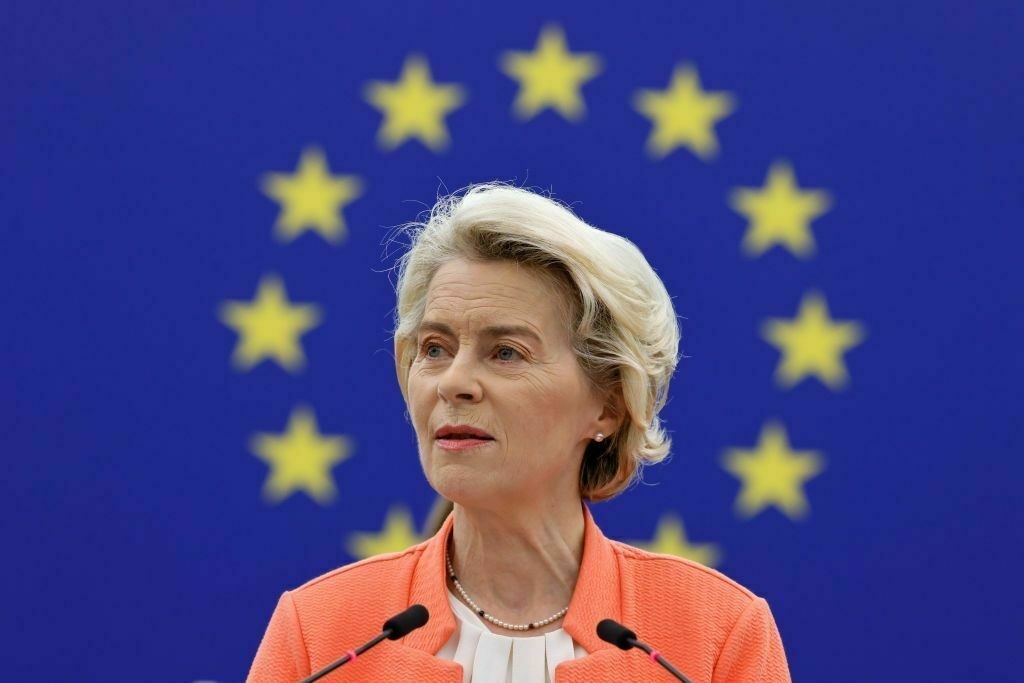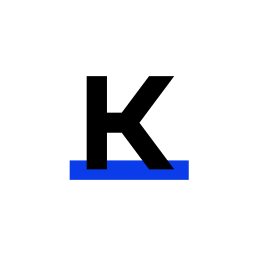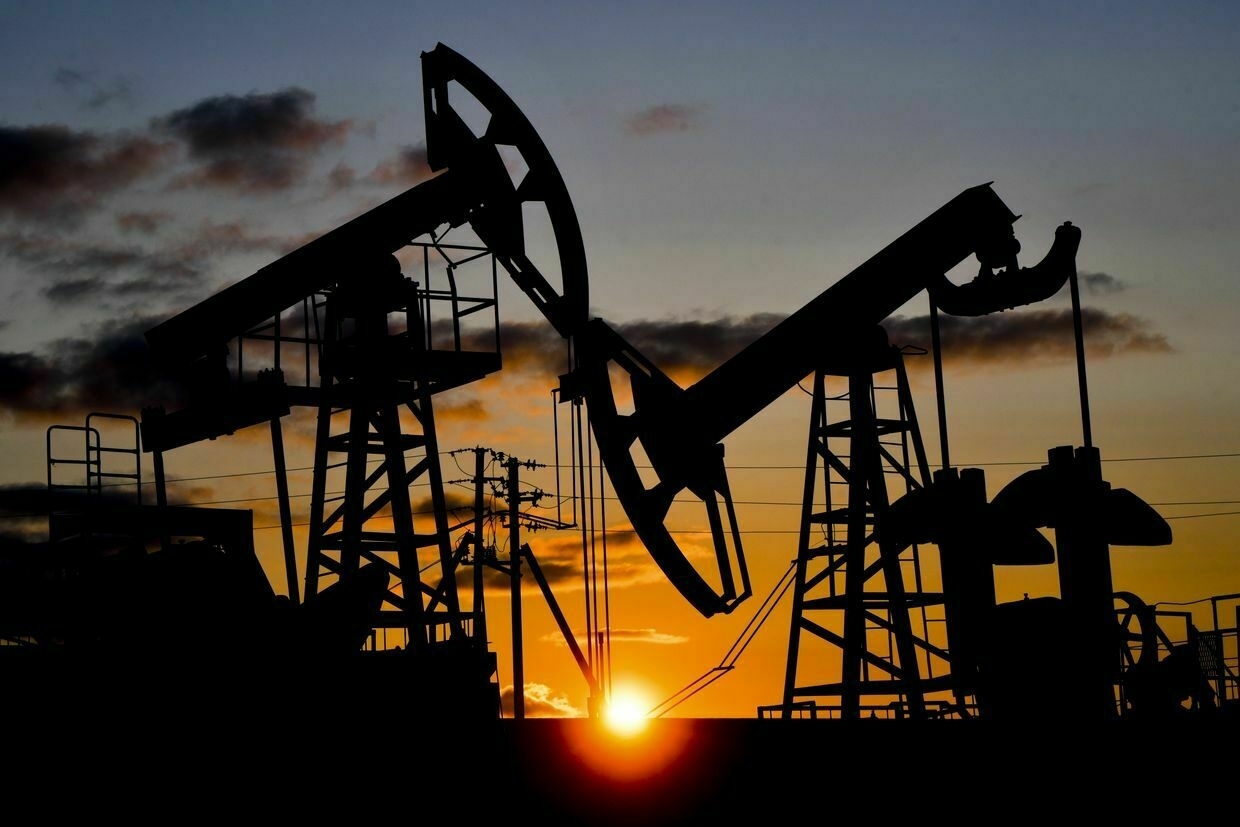
The 18th package of European Union sanctions against Russia will include additional restrictions on energy, banking, oil, and other areas, European Commission President Ursula von der Leyen announced on June 10.
After the 17th package of sanctions against Russia came into effect on May 20, Ukraine’s allies announced that the next package of restrictions was already in the works, after Moscow repeatedly refused to accept a ceasefire.
Russian troops also continue to advance slowly along the front line, approaching Ukraine’s Dnipropetrovsk Oblast and moving deeper into Sumy Oblast.
“Russia’s goal is not peace,” von der Leyen said. “Strength is the only language that Russia will understand."
The EU has proposed for the first time a ban on transactions involving the Nord Stream 1 and Nord Stream 2 pipelines, as well as a reduction in the oil price cap from $60 to $45 per barrel, as one-third of Russia’s government revenue still comes from oil exports, according to von der Leyen.
Von der Leyen added that the amendments to the oil price cap are a Group of Seven (G7) coalition measure, so it will be discussed at the G7 summit to be held on June 15-17 in Kananaskis County, located in the western province of Alberta, Canada.
The EU will also add 77 more shadow fleet vessels to comply with the cap to prevent Russia from circumventing sanctions and propose imposing a ban on imports of petroleum products made from Russian oil.
Another part of the sanctions will be aimed at the Russian banking sector, with the EU wanting to add 22 more Russian banks to the list of those who can no longer use the SWIFT international system.
The EU also proposes to extend the ban on transactions to financial operators in third countries that finance trade with Russia, bypassing sanctions, and to impose limitations on the Russian Direct Investment Fund, its subsidiaries, and investment projects.
Further EU restrictive measures will include a ban on exports worth more than 2.5 billion euros ($2.8 billion), which must deprive the Russian economy of critical technologies and industrial goods, von der Leyen said.
Machinery, metals, plastics, and chemicals used as raw materials for industry, as well as dual-use goods involved in the production of weapons and drones, will be affected, according to von der Leyen.
The European Commission President also emphasized that the EU wants its sanctions to be more effective. Thus, the EU would list another 22 Russian and foreign companies, including those from China and Belarus, providing direct or indirect support to Russia’s military and industrial complex. These additions will bring the total number of sanctioned companies to over 800.
EU countries will start debating the proposal this week.
 The Kyiv IndependentWojciech Jakóbik
The Kyiv IndependentWojciech Jakóbik
